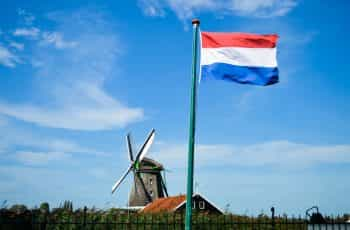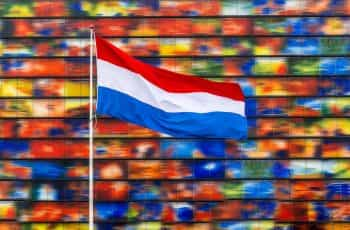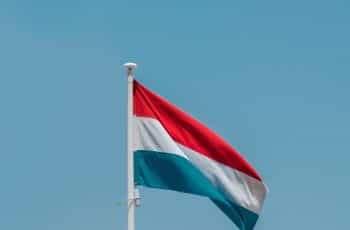Former Dutch gamblers are reportedly suing operators for luring them in pre-regulation market
Close to 100 individuals in the Netherlands are allegedly seeking reparations after claiming that they were lured into online gambling, developed addictions, and had significant losses, according to Dutch publication de Volkskrant.

There is legal precedent in Germany, where courts have previously fined operators for their pre-regulation moves. ©Tingey Injury Law Firm/Unsplash
The operators that allegedly roped them into this situation were unlicensed, as online gambling was illegal in the country till last year. After its legalization in October 2021, the Kansspelautoriteit (KSA) has regulated gambling markets strictly, and the Authority is doing its best to keep unlicensed operators and harmful gambling at bay.
The case may have legs given KSA’s recent diktat
According to the report, many players were targeted by illegal online casinos and gambling operators, and a sizable number of the targeted players ended up gambling away hundreds and thousands of Euros. In some cases, the victims are said to have lost their life savings, jobs, and even personal relationships. Naming, primarily, advertisements and promotions from illegal operators, the victims are now looking for legal restitution.
In its latest attempt to promote a safer gambling scene, the KSA ordered all operators to stop offering a cashback bonus as it breaches the gambling guidelines that were brought into play last year. According to the KSA, the cashback bonus offerings can make online gambling seem more lucrative and attract especially those who are young and susceptible to gambling addiction. A little while before that, the Authority also asked all licensed operators to moderate their advertising, especially during the FIFA World Cup. There were also a few other breaches noted by the KSA as it intervened instantly and notified the operators about it, after which the activity ceased with immediate effect.
There is precedent in Germany
One of the things working in their favor is the prevalence of similar cases in recently regulated markets like Germany. Players who were drawn into problem gambling before the legalization of gambling in Germany had challenged operators on legal grounds after legalization and won their respective cases. In one case, Ireland-based operator Pokerstars was ordered to pay €58,000 to a player by the Cologne High Court after the operator had made its services accessible to the Germans without holding a gambling license in the country.
In November this year, the Dutch Authority had run an investigation on unlicensed operators targeting the Netherlands’ citizens. The KSA discovered a few websites that were being paid to bring in web traffic from the Netherlands to multiple unlicensed and illegal online gambling websites. These affiliate websites were not incognito but, in fact, quite open about their illegitimate activities as they were reportedly operating under domain names such as “casinowithoutcruks” and “casinowithoutlicense”, KSA had said.
KSA’s gambling self-exclusion measures are robust
The Central Register Exclusion of Games of Chance (CRUKS) is a self-regulatory register created by the KSA to collect and store lists of players with gambling addictions, harmful gambling patterns, and other traits that could lead to gambling-centric problems in the future. The authority brought CRUKS into the picture as soon as the Dutch gambling market was regulated, enabling players with gambling problems to register themselves on the platform. Guidelines set forth by the Authority ordered all licensed operators to link their databases with CRUKS to deny gambling services to individuals whose names are on the list.
Even before the Dutch markets were regulated, the KSA had slapped heavy fines on every illegal operator that was found offering its services in the country. One such fine came in January last year when the Authority collected a total of €600,000 from Virtual Coin Gaming as it had made its services available to the Dutch population without the necessary regulatory clearances. The operator was licensed but only in Curacao back then. After the new gambling laws came into effect, the KSA announced that participation in online gambling offered by an unlicensed operator was punishable by the law. Players who opted to do the same would face a fine of €8,700 and would have a criminal record against them if the judge decided to do so.



